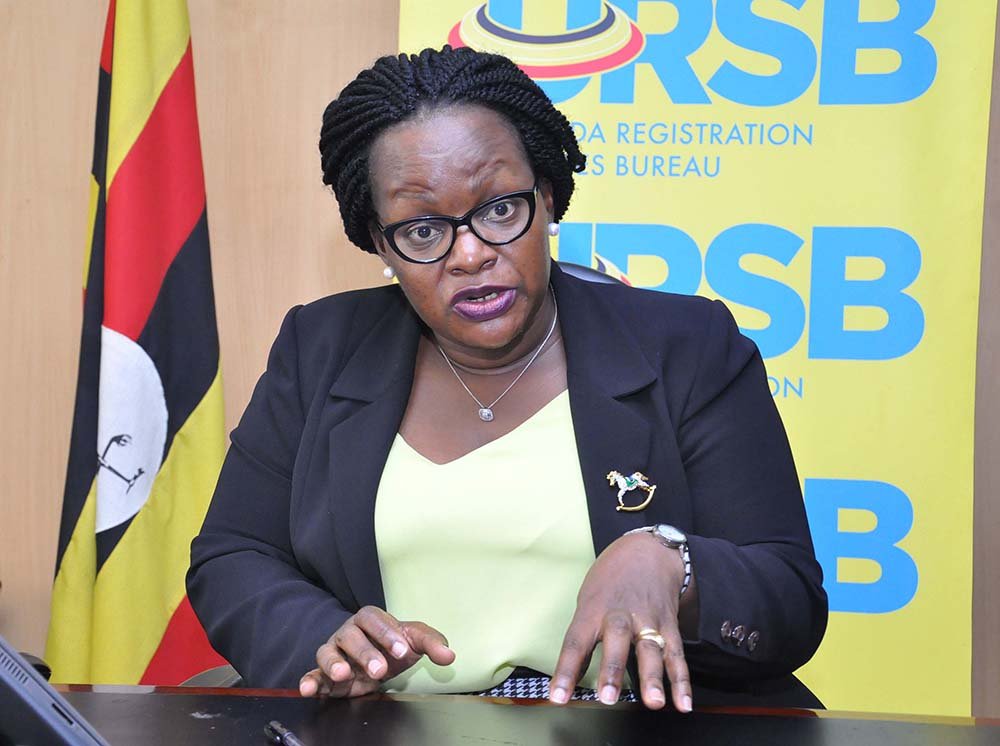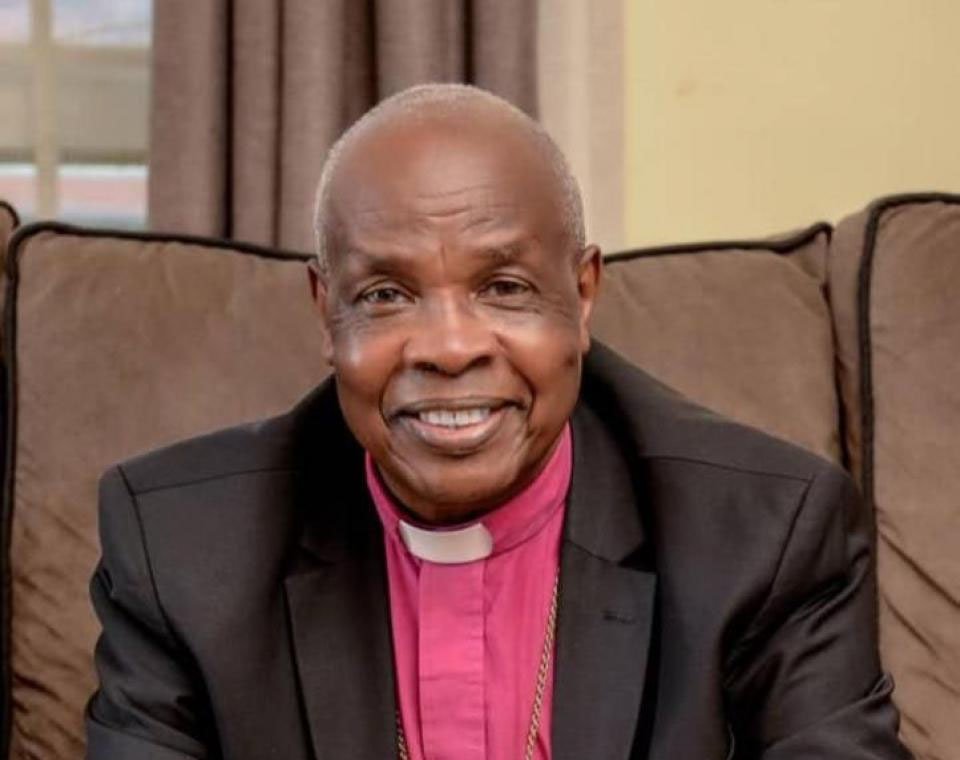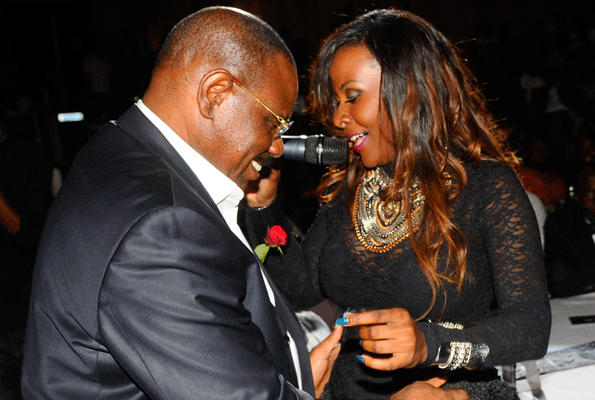South Sudan’s President Salva Kiir Mayardit has announced new appointments in the defense ministry and presidential guard, marking the latest in a string of government reshuffles.
The decrees, read on state television Monday night, named Gen. James Koang Chuol, a senior member of the ruling SPLM party, as the new Deputy Minister of Defense. Koang was relieved of his duties as governor of Upper Nile State just last week.
The deputy minister position had remained unfilled since March 2023, following the dismissal of Gen. Chol Thon Balok, who was subsequently promoted to defense minister. The post was initially expected to go to the main opposition party, the SPLM-IO led by First Vice President Riek Machar, in line with the power-sharing arrangement outlined in the 2018 peace accord. The expectation arose after Kiir removed Machar’s wife, Angelina Teny, from the defense portfolio and placed the ministry under his direct authority.
In another decree, Kiir promoted Brig. Gen. Valentino Baak Makuei to Major General and appointed him as commander of the Presidential Guard Unit—commonly known as the Tiger Division—replacing Gen. Philip Nyon Nyon, who assumed the role in May. Baak previously served as Kiir’s aide-de-camp.
The Tiger Division, headquartered in Juba, is responsible for protecting the president. It grew into a division-sized formation following the outbreak of civil war in 2013 and is now considered one of the most influential components of the South Sudan People’s Defense Forces (SSPDF).
Kiir also dismissed Deng Alor Kuol, the Minister for East African Community Affairs and a member of the Former Detainees group in the unity government. He was replaced by Bany Gideon Mabor.
Analyst: Moves Signal Consolidation of Power
Political analyst James Boboya, based in Juba, described the reshuffles as part of Kiir’s long-running strategy to consolidate political power under the ruling SPLM.
“The peace agreement is being used as a cover for Kiir’s continued dominance,” Boboya told Radio Tamazuj. “These appointments are more about control than reform.”
He suggested that Kiir deliberately undermines officials before elevating them to senior positions to ensure their loyalty, pointing to Gen. Koang’s appointment as largely symbolic.
“The deputy defense minister has little real authority,” he said. “The ministry now operates as an extension of the president’s party rather than as an institution advancing peace implementation.”
On the leadership change within the Tiger Division, Boboya argued that frequent rotations serve to prevent any commander from gaining too much influence.
“By constantly changing the division’s leadership, Kiir weakens the army’s cohesion and eliminates potential rivals,” he explained. “It’s a tactic that sustains his grip on power.”Commenting on the appointment of Bany Gideon Mabor, Boboya acknowledged his abilities but questioned whether he would enjoy real independence.
“Without genuine autonomy, the ministry risks becoming another platform for personal enrichment rather than national progress,” he warned.

















